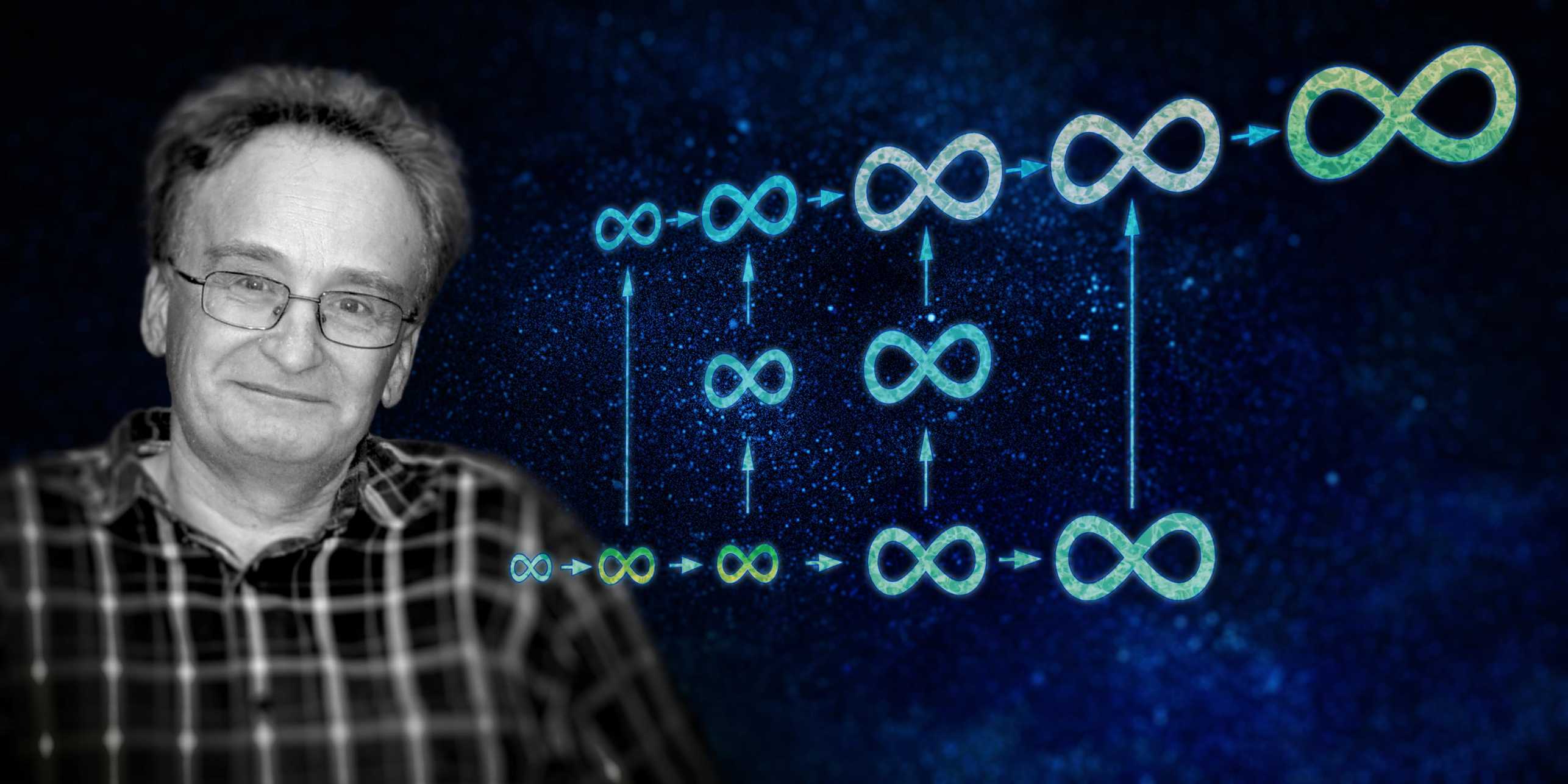Paul Bernays Lectures 2020
The 2020 Paul Bernays Lectures on the topic "Struggling with the size of infinity" were delivered by Professor Saharon Shelah.
Saharon Shelah, Hebrew University Jerusalem, Israel
Saharon Shelah is Professor of Mathematics at the Hebrew University in Jerusalem and Distinguished Visiting Professor at Rutgers University. His main interests are in mathematical logic, especially in set theory and model theory. He published over 1000 papers and several books like "Classification Theory" and "Proper and Improper Forcing", which are the most important and fundamental books in these fields. He was awarded the Erdös Prize in 1977, the Hausdorff Medal in 2017, and the Rolf Schock Prize in logic and philosophy in 2018.
Portrait on ETH News: Infinite fun with infinite worlds
Video recordings
The recordings of all lectures are available on the ETH video portal.
Struggling with the size of infinity
Lecture 1: Cardinal arithmetic: Cantor's paradise
Monday, 31 August 2020, 5.00 p.m.
Abstract
We will explain Hilbert’s first problem. Specifically, this asks what the value of the continuum is: Is the number of real numbers equal to aleph1 — the first infinite cardinal above aleph0=the number of natural numbers? Recall that Cantor introduces infinite numbers just as equivalence classes of sets under "there is a bijection". The problem of the size of the continuum really means: "What are the laws of cardinal arithmetic, i.e. the arithmetic of infinite numbers". We will review its history, (including Gödel and Cohen), mention different approaches, explain what is undecidable, and mainly present some positive answers which we have nowadays. Those will be mainly about cofinality arithmetic, the so called pcf theory; but we will also mention cardinal invariants of the continuum.
Lecture 2: How large is the continuum?
Tuesday, 1 September 2020, 2.15 p.m.
Abstract
Cantor discovered that in mathematics we can distinguish many infinities, called the aleph numbers. The works of Gödel and Cohen told us that we cannot decide what the value of the continuum is, that is, which of the aleph numbers is the answer to the question "How many real numbers are there?". This still does not stop people from having opinions and arguments. One may like to assume extra axioms which will decide the question (usually as aleph1 or aleph2), and argue that they should and eventually will be adopted. We feel that assuming the continuum is small makes us have equalities which are incidental. So if we can define 10 natural cardinals which are uncountable but at most the continuum, and the continuum is smaller than aleph10, at least two of them will be equal, without any inherent reasons. Such numbers are called cardinal invariants of the continuum, and they arise naturally from various perspectives. We would like to show that they are independent, that is, that there are no non-trivial restrictions on their order. More specifically, we shall try to explain the Cichon diagram and what we cannot tell about it.
Lecture 3: Cardinal invariants of the continuum: Are they all independent?
Tuesday, 1 September 2020, 4.30 p.m
Abstract
Experience has shown that in almost all cases, if you define a bunch of cardinal invariants of the continuum, then modulo some easy inequalities, it follows by forcing (the method introduced by Cohen) that there are no more restrictions. Well, those independence results have been mostly for the case of the continuum being at most aleph2. But this seems to be just due to our lack of ability, as the problems are harder. However, this opinion ignores the positive side of having forcing, of us being able to prove independence results: clearing away the rubble of independence results, the cases where we fail may indicate that there are theorems there. We shall on the one hand deal with cases where this succeeds and on the other hand with cofinality arithmetic, and what was not covered in the first lecture.

